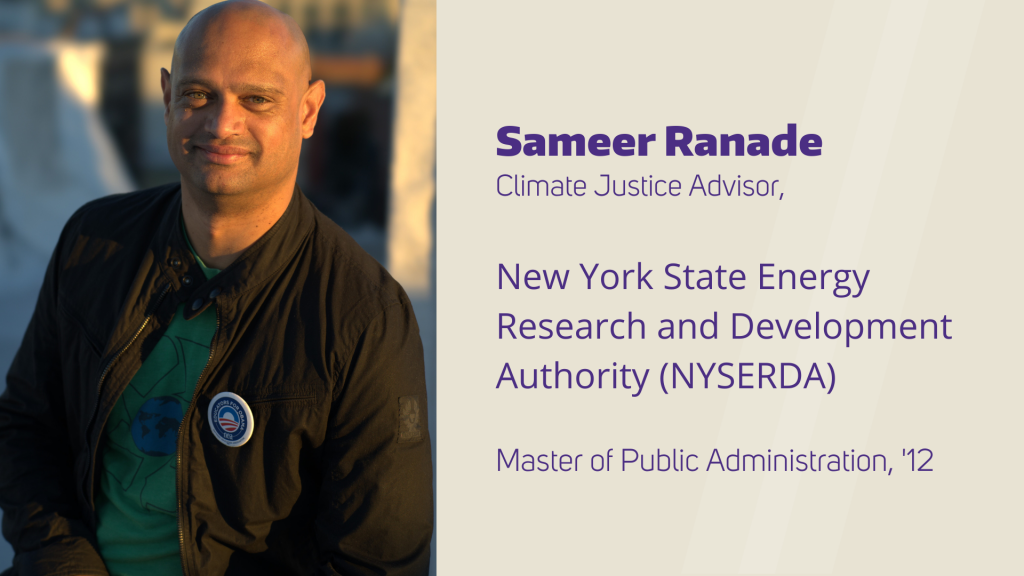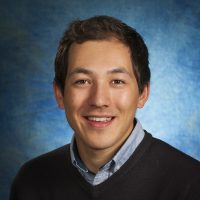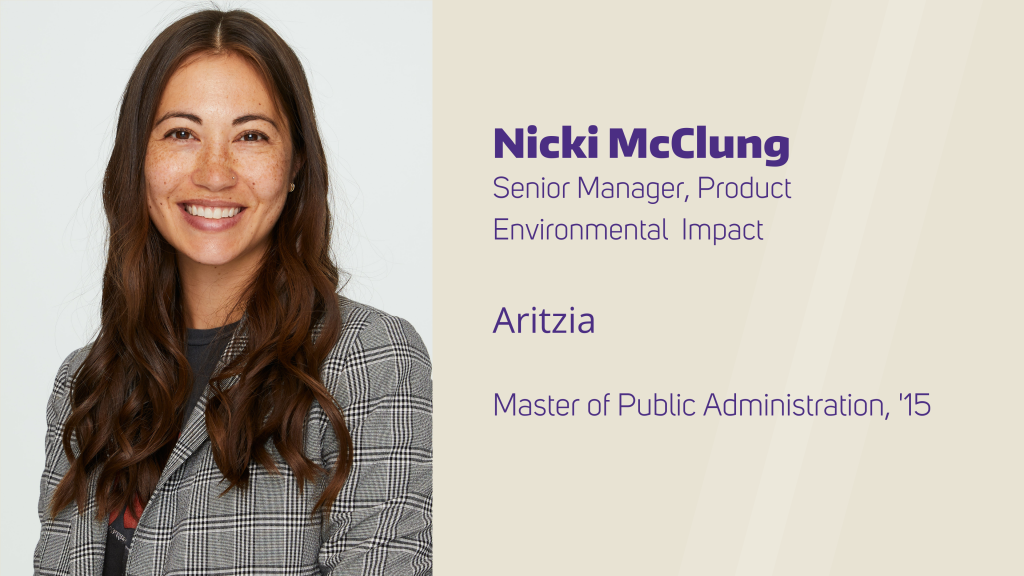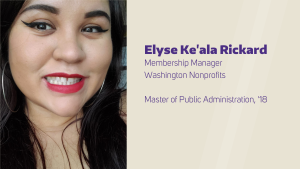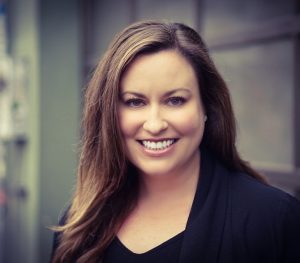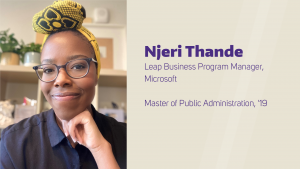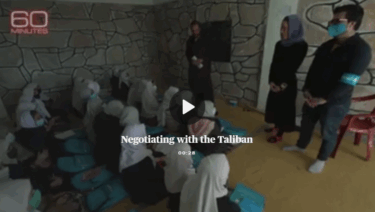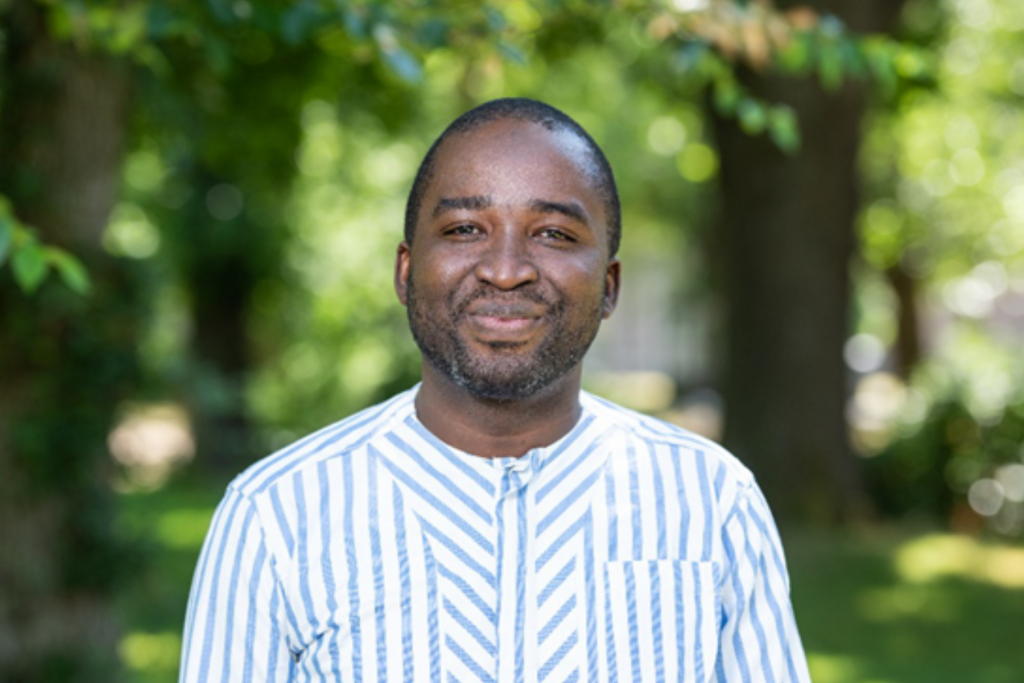
My name is Ikrama Hassan. I am currently the Chief Medical Director of the state specialist hospital – Dalhatu Araf Specialist Hospital – the largest hospital in Nasarawa State, in north central Nigeria. I am a public health physician with experience in health planning, policy and management.
What made you decide to apply to the International Program in Public Health Leadership?
I learned about the program through a colleague and alum of the program who encouraged me to apply. At the time, I was the Director of Health Planning, Research and Statistics at the Nasarawa State Ministry of Health. I am a medical doctor by training, and because there is no formalized leadership and policy training in the medical curriculum, a lot of learning typically happens on the job. Applying for the program turned out to be one of the best decisions I have ever taken.
Looking back at your time as a fellow, do you have any memorable experiences that stand out to you? How does the program inform and contribute to your approach to work and life today?
The composition of the cohort is a special part of this program. Prior to coming to the Evans School, my professional network was limited to within Nigeria and a few individuals in the U.S. and UK. On our first IPPHL class, I found myself in a virtual room with different people from across different African countries. We got to know each other virtually, so when we met in person in Seattle, it was like we knew each other already. By the end of the program, we were all looking forward to meeting again in person during the Capstone, and after that the bond and friendship has continued up till today. In fact, the last time I was in South Africa, one of my cohort members travelled from her home in Pretoria to Johannesburg to welcome me to the country. Whenever I have any issues that I want a second opinion on, I just need to pick up my phone and make a call, and I have friends from across Africa that can help.
I became the Chief Medical Director of the State Hospital during my time in the program. It was a new role for me, and I needed to hit the ground running. The executive coaching component became even more important for me as I entered my new position. Working with my coach, I was able to reorient and start asking the right questions: How do you start? How do you compose your team? How do you begin identifying and mapping stakeholders? Stakeholder engagement is a skill that has served me well, especially when dealing with the labor unions.
I apply the concept of the theory of change daily in my work. It enables me to have a helicopter view of a project. Another part of the program that I have internalized and deploy frequently in my work today is the pitch event, where we practiced compressing our policy papers into a 5-minute delivery. In my role, I meet frequently with the governor, deputy governor, and other political leaders. It’s an extremely valuable skill to be able to condense your thoughts and get to the point in a brief period of time.
What inspired you to pursue a career in public health?
Initially, I wanted to be either a cardiac or neurosurgeon, but after medical school, my father asked me to come back home to work for a while. During this time, I saw the real problems that people in my community were facing. What we most needed was not the high-tech medicine. We needed skills in the prevention and control of epidemic-prone diseases such as Lassa Fever, meningitis, and cholera. We needed basic things in our primary healthcare system. Out of pocket expenditures stood between our poor population and the healthcare system. So, I realized I would be more useful in the public health space than in a consulting room. I wanted to think up and provide solutions at the community and population level than at individual level. I became much more driven by the idea of preventing the diseases from happening, rather than waiting in the consulting room for someone to come in who was already sick. It was not easy making that shift to public health, but I have been happy with it ever since.
Can you share a little bit about the work that you’re doing right now, and what you’re most excited about?
There are so many areas. I’ll highlight a few. One of the major challenges in our healthcare system is the ability for individuals to pay for services. At the hospital, equity in service provision is extremely important. We believe people should be able to access services regardless of their socio-economic background and receive top notch care at an affordable price. While costs are nowhere near what they are in the U.S., we still have a very large population unable to afford services. In my previous role, as Director of Health Planning, Research, and Statistics. I was part of the team that established a social health insurance scheme for the state. Currently 100,000 people have been enrolled in the plan. This is something that I am proud of and continues to have an immense impact.
Recently, I’ve also been really focused on building our hospital’s capacity to conduct research. I’ve set up a team that is encouraging and supporting all our health care workers to participate in research, and I am happy to say that, so far, we have published nearly 20 papers in peer reviewed journals.
One of the major challenges that we’re dealing with in Nigeria is an exodus of skilled health care workers out of Nigeria and Africa to other parts of the world. I’m currently giving a lot of attention to training healthcare workers in our hospital at both post-graduate and undergraduate levels. I’m excited about progress that we’re making, and these are the future of healthcare delivery system in the country.
The Evan School’s values are equity, courage, and service. In what ways are these values part of the work that you have done, and that you continue doing?
Let me start with the courage part of the question. You see, right now, the world at large is going through severe economic difficulties. Many healthcare workers in Nigeria who can find work elsewhere are leaving in droves. For those who have stayed, it requires a lot of courage. My work every day is guided by service and equity. How can we provide services to these millions of people that otherwise could not afford it? And, if all of us leave, who will provide those services?
How do you think about global engagement in your line of work?
So far it has been a one-way traffic from the wealthy donors to us the poor recipients. Although the intention is good, there have been unintended consequences. On the part of the donors, there is the tendency to dictate the tune as well as donor fatigue. On the part of the recipients, the relationship breeds dependence and poor bargaining capacity.
In all, the most important underlying factor in the power asymmetry is the level of economic development. What we need therefore in Africa is no longer the conventional aid but one that will spur economic development on the continent. A country that successfully transits from poor to middle income category no longer needs handouts as aid. That country is more useful to the rest of the world than a poor one dependent on aid.
There is an ongoing debate on how best the global community can help Africa stand on its own. The trend for the last two decades has been an investment on its infrastructure. This is intended to spur manufacturing and an export-led economy a la the Asian Tigers. Critics of this model have pointed to the poor tangible success that have been recorded so far and are drawing attention to the model employed by Latin America where, based on areas of comparative advantage, they invested in agriculture. This paid off and saw the transition of many countries to middle income category.
We need a logical conclusion of this debate and the implementation of the most economically viable option for Africa. An economically strong Africa will be able to finance its public health needs and be a productive partner in the international arena.
